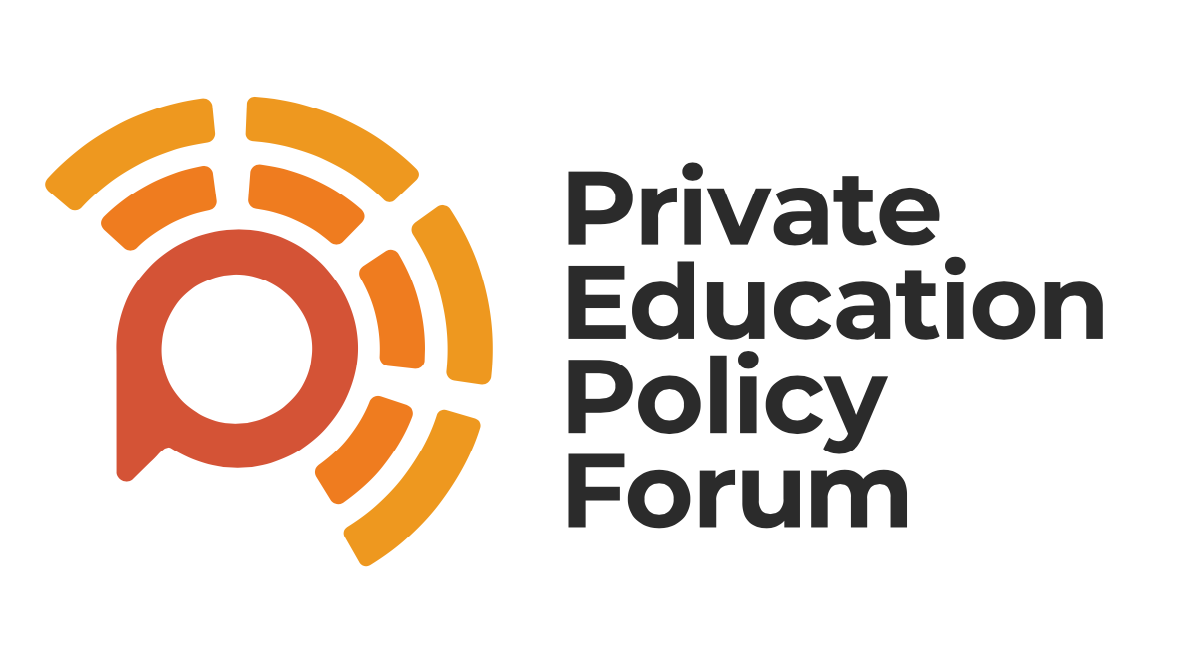
Title:
Private Schooling, Subject Choice, Upper Secondary Attainment and Progression to University
Authors:
M. Henderson, J. Anders, F. Green and G. Henseke (2020); Oxford Review of Education. 46(3): 295-312
What’s it about?
A previous Research Explainer looked at the education attainment of year 10 pupils in the 1980s, according to the type of school they attended.
This paper looks at those in the sixth form in the mid-2000s, by which time private school fees had risen by virtually a factor of three.
Does going to a private school sixth form improve children’s academic performance, beyond what would happen if they attended state schools, once account is taken of the characteristics of the children who attend them?
Every year, private schools top the A-level tables. But they take children mainly from well-off family backgrounds, and many are academically selective. These children would mostly do well anyway.
Methodology
The study used ‘Next Steps’, a longitudinal sample of English children born in 1990, who entered sixth form in 2006. They were followed every year through their secondary schooling and again later.
Crucially, the study was able to control in a detailed way for the children’s family background and income, and their prior achievements at GCSE.
What are the findings?
Compared with otherwise similar pupils (in terms of observable family characteristics and prior achievements):
-
Those at private school sixth forms on average studied 27 percent more ‘facilitating’ A-level subjects, (‘facilitating’ A-levels are in subjects which are known to be favoured by high-status universities).
-
The private school pupils achieved places 8 percentage points higher in the A level rankings and 11 percentage points higher in the rankings for ‘facilitating’ A levels.
-
The private school pupils had a 8 percentage point greater probability of entering any university. This advantage is only partially explained by their A level achievements.
-
Private school pupils gained a 10 percentage point greater chance of entering one of the ‘prestigious’ universities (Birmingham, Bristol, Cambridge, Cardiff, Durham, Edinburgh, Exeter, Glasgow, Imperial, King’s, Leeds, Liverpool, LSE, Manchester, Newcastle, Nottingham, Oxford, Queen Mary, Queens Belfast, Sheffield, Southampton, UCL, Warwick and York.). This gap could be wholly accounted for by their having higher A-level achievements.
What are the limitations of this research?
The findings only apply on average. Some private school pupils will gain more, some less than this average gap. Whether the educational advantages are “worth it” is another question; that depends on the fees and on other advantages.
Finally, even though many family characteristics and GCSE scores are observed and controlled for, there could be other unknown factors involved which could bias the findings either way.
Explained by: Francis Green, professor of work and education economics at UCL Institute of Education



